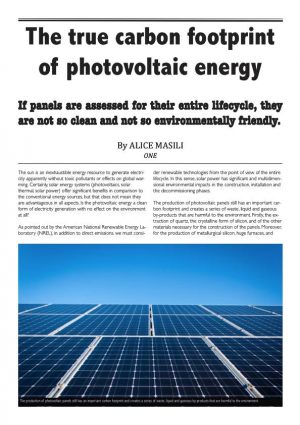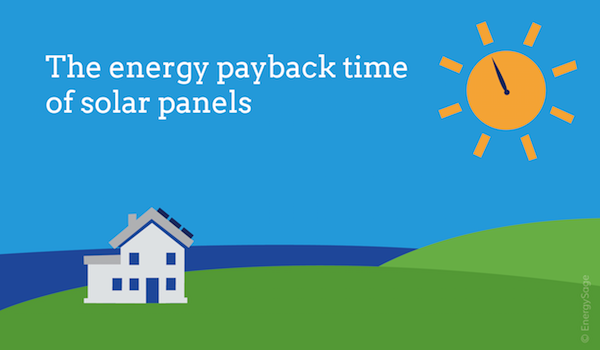The environmental impact of solar panel production the production process of manufacturing solar panels is energy intensive and polluting.
Environmental impact of manufacturing solar panels.
You should now have a better understanding of the environmental impacts of solar energy.
Production of these panels consumes substantial amounts of energy and produces waste water and hazardous by products which are released to the air during the manufacturing process.
There s also the impact of global warming emissions to consider.
Approximately 90 of most pv modules are made up of glass.
You also have to consider water usage which can be a significant impact in locations where water may be scarce.
The predominant negative environmental impacts of solar energy come from producing the solar panels.
Solar panels often contain lead cadmium and other toxic chemicals that cannot be removed without breaking apart the entire panel.
No solar panels themselves do not contribute to global warming emissions.
However the manufacturing process of transporting installing maintaining decommissioning and dismantling panels all contribute to harmful emissions.
An oxidized form of silicon non crystallized silica is the most common component of quartz sand.
What can be done to avoid this issue.
Key negative impacts include land clearance which can destroy habitats and kill vegetation.
Yes vast amounts of energy are required to mine manufacture solar panels and yes chemicals are used during the manufacturing process.
Photovoltaic pv solar cells or concentrating solar thermal plants csp.
The process starts with mining of quartz sand.





























